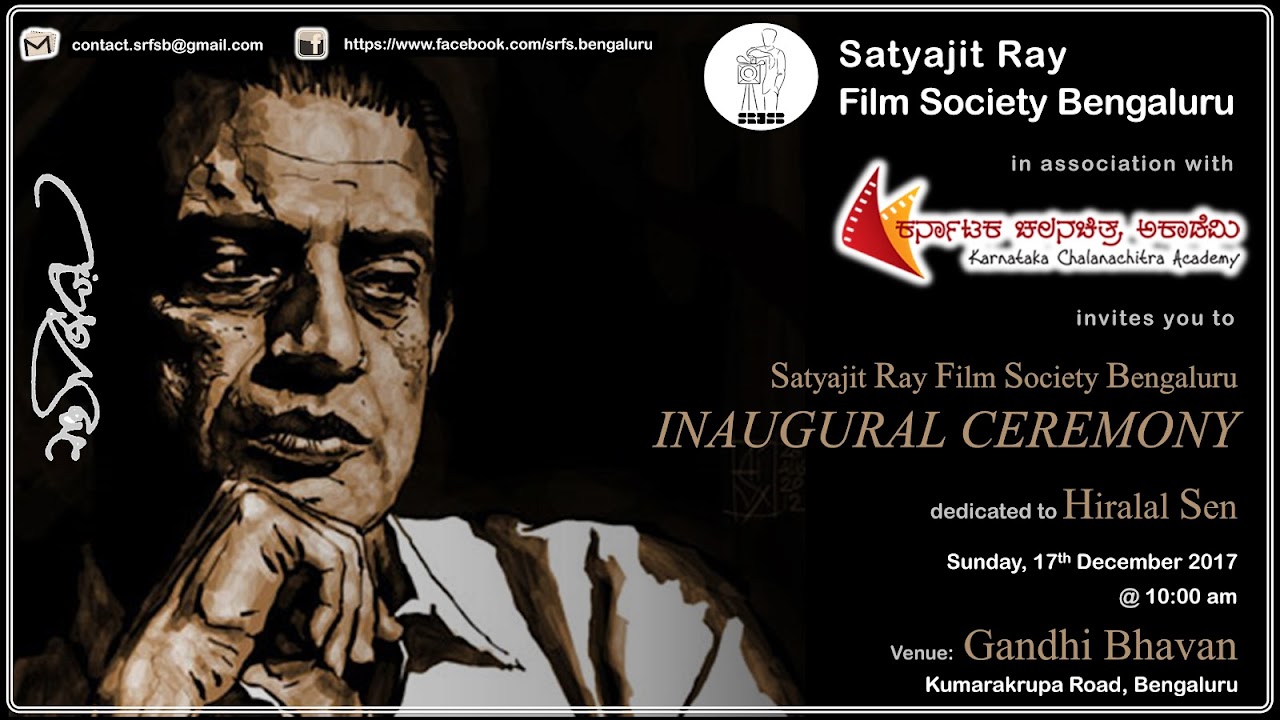
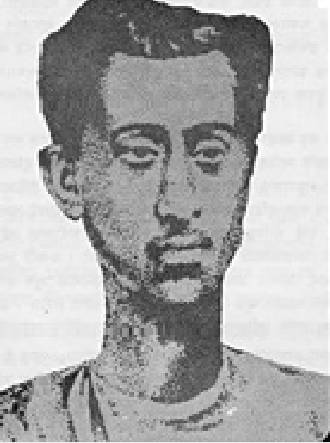
Hiralal Sen made over forty films. Most of the films he made depicted scenes from theatrical productions played at Amarendra Dutta’s Classic Theatre in Calcutta. At that time raw film was imported into the country. Between 1901 and 1904, he produced many films for Classic Theatre including Bhramar, Hariraj, and Buddhadev. His longest film, produced in 1903 and titled Alibaba and the Forty Thieves, was also based on an original Classic Theatre performance. However, not much is known about this feature film since it was never screened. He also produced a number of advertising films and newsfilms taking commissions. Having made two films advertising Jabakusum Hair Oil and Edwards Tonic, he became the first Indian to use film for advertising purposes.
A film by Sen documenting the Anti-Partition Demonstration and Swadeshi movement at the Town Hall, Calcutta on 22 September 1905 is generally considered India’s first political film. In 1905, it was advertised as a “genuine Swadeshi film of our own make” and ended with the rallying cry for freedom, Vande Mataram.
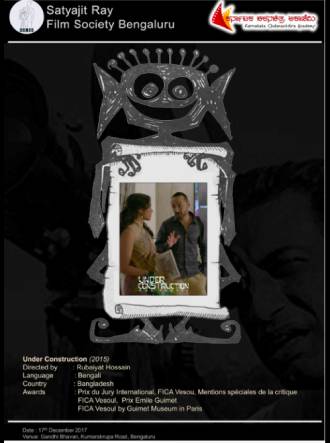
On the surface, Roya has everything: she is highly educated, she has consistently played the lead in a theatrical version of Rabindranath Tagore’s Red Oleanders. She has a soft-spoken and peaceful man for a husband and a beautiful apartment along with a close friend for a maid. But Roya (Shahana Goswami) but she’s still lost and searching for meaning among the mundane. Not too long ago, women were thought to be unable to decide for themselves, and their parents and husbands made choices on their behalf. In Bangladeshi director Rubaiyat Hossain’s movie Under Construction, we look at the women of today who are free from such fetters and are yet confused about their priorities and needs. These women are still “under construction”, figuring their place in the lives of others and in the society they are born into.
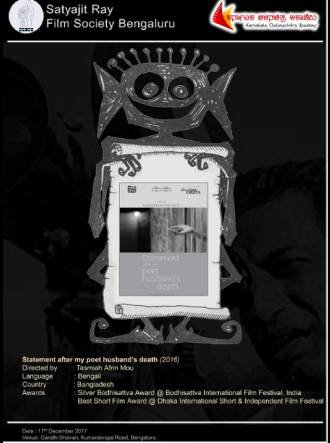
This film is about a psychological journey of a woman named Rubi; once she loved her husband devotedly but the feeling is long gone. Sitting beside her husband’s dead body, she doesn’t feel any grief or any other emotion whatsoever. She remembers her life with this man, and discovers that her once beloved husband died to her long before his actual demise.
Though love relation is beleived to bring happiness in a woman’s life, often it causes pain and abasement. Still, a simple woman goes far and accepts a lot of disgrace for his love. But, after a certain period, the feeling of love dies from continuous abjection. The breathing person she loved becomes dead to her. Even the actual death of that person comes as relief. Despite being brought up in a country that is historically male dominating, an ordinary Bangladeshi woman often tend to take some difficult but vital decisions which come from the lesson of self esteem her culture taughts her. The family structure in bangladesh facilitates a mental shelter for the ordinary woman taking any important life decision long after she is matured or married. An ordinary woman could become the symbol of self esteem, not through practising any recognized feminist lifestyle, rather living her ordinary stolid life
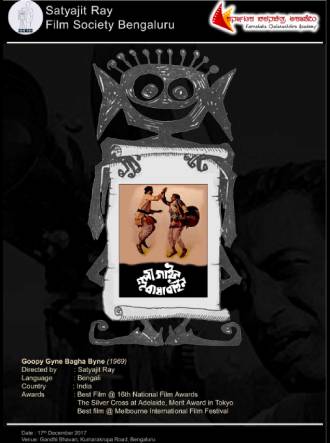
The story revolves around Gopinath Gyne (alias Goopy, Tapen Chatterjee), the son of a poor Kayastha grocer Kanu Kyne from a village called Amloki. Goopy wants to become a singer but has a hoarse voice. Persuaded by village elders to sing for the king, he does so and is driven out of Amloki on a donkey for waking the king with his terrible singing. Exiled into a forest, he meets Bagha (Rabi Ghosh), another exile from nearby Hortuki sent to the forest – in Bagha’s case, due to playing a drum badly. They start singing and drumming, initially to scare off a roaming tiger, and in the process they attract a group of ghosts who are fascinated by their music. The king of ghosts grants them three boons:
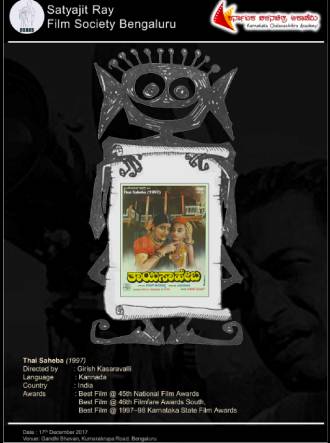
The film is based on the story of a Brahmin family during the pre independence and post independence periods of India. The protagonist Narmada Thayi is the second wife of Appa Sahib, a freedom fighter. The childless couple decide to adopt the child of Venkobanna, a close relative. Venkobanna has other plans in mind when he gives away his child in adoption. He calculates that his son will inherit the family’s money and property. In the meanwhile, Appa Sahib also has an illicit relationship with Chandri and a daughter is born to them. Narmada Thayi is a patient woman and although aware of her husband’s character, she supports him and the household. After the independence, Appa Sahib supports the government’s view that the laborers who till the land own them. Venkobanna is angered to see this long-awaited plan of his crumble due to the utopian views of App Sahib. After a brief illness, Appa Sahib leaves the house one day with a group of people to protest for the sake of the farmers never to return again.